RESCUE & REHABILITATE
We further our research from the data we collect when rescuing & rehabilitating marine mammals.
All aspects of coexistence with humans, infectious diseases, diagnostic tool development, clinical pathology, pathology, nutrition, therapeutics, welfare, population biology, and rehabilitation management are key science interests as they inform and support our rescue efforts.
Check out our full research page for more information on what we do best along with our collaborative partners and research publications.
OWCN
The Oiled Wildlife Care Network (OWCN) was established in 1994 by the Department of Fish and Game’s Office of Spill Prevention and Response (OSPR) in response to Exxon Valdez and the American Trader oil spills. OWCN is administered by the UC Davis Wildlife Health Center in the School of Veterinary Medicine. PMMC has been registered with the OWCN as a member organization since 1995. We are actively sending staff and volunteers to trainings through the OWCN, to better prepare for oil spill response. OWCN focuses on four core areas to offer the best rehabilitation methods for oil-affected wildlife: Readiness, Response, Research, and Reaching Out.
If you find oiled wildlife in your area, please call 1-877-UCD-OWN or PMMC. Please do not attempt to rescue the wildlife yourself. Untrained individuals may cause more harm than good for themselves and the animal, and can be dangerous. For more information on the OWCN, please visit OWCN.
West Coast Marine Mammal Stranding Network
Established under the Marine Mammal Protection Act (MMPA), members of the network respond to marine mammal strandings along the California, Oregon, and Washington coasts and are a part of a nationwide network.
PMMC collaborates with researchers, educators, organizations, and other scientists within our field to tackle the issues facing our oceans, marine mammals, and the environments we share.
This Stranding Network is composed of cooperating scientific investigators and institutions, volunteer networks, and individuals in all three states. Other organizations also involved are wildlife and fisheries agencies and state and federal law enforcement. Although response areas are defined geographically, the stranding network members coordinate extensively within the region and on occasion with our Canadian counterparts. Each stranding event is handled on a case-by-case basis and is dependent on local capability, available resources, personnel, and logistics. Check out NOAA for more info.
National Stranding Network
In addition to the West Coast Network, the Pacific Marine Mammal Center is an active member of the National Stranding Network. One of PMMC's network partners is Mystic Aquarium, located in Mystic, Connecticut. As part of this nationwide collaboration, PMMC and Mystic are sharing satellite tracking data between the East and West coast facilities as a means to enhance scientific understanding about and understand seal and sea lion behavior.
Seafood Watch
The Pacific Marine Mammal Center is a proud Monterey Bay Aquarium’s Seafood Watch® program member. As a conservation partner, we are responsible for ensuring that our patients are fed sustainably caught fish. We also work with Laguna Beach businesses aimed at raising local consumer, restaurateur, and seafood industry awareness of acquiring seafood from sustainable sources. PMMC provides regional support for the Monterey Bay Aquarium’s Seafood Watch® program.



